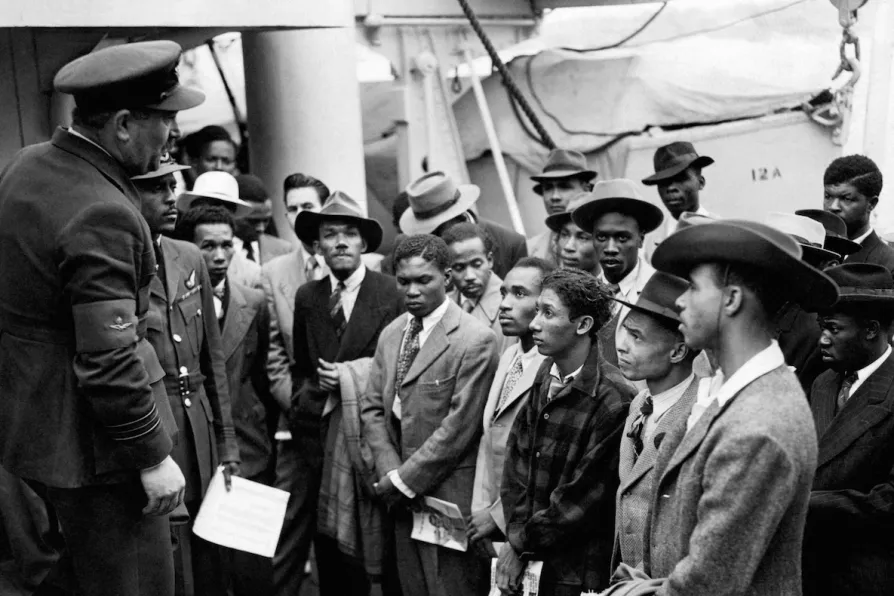John Wojcik pays tribute to a black US activist who spent six decades at the forefront of struggles for voting rights, economic justice and peace – reshaping US politics and inspiring movements worldwide
Windrush 75: we want liberation not celebration
Don’t be nostalgic about the anniversary of the boat journey that brought my father to Britain — instead of statues and ceremonies, fight for migrant justice, writes MARC WADSWORTH


MY late father, Jamaican WWII veteran Simeon George Rowe, returned to Britain on the iconic former troop ship the Empire Windrush that docked at Tilbury on June 22 1948 after a 5,000-mile voyage.
Passenger number 830, he went to Birmingham, in the West Midlands, with four other friends who’d also been onboard, because an earlier Jamaican arrival had a place for them to live in Thornhill Road, Handsworth.
Responding to an advertisement in the Daily Gleaner, they had originally been recruited by the RAF in Jamaica during the war, to help the “mother country,” as they called Britain, fight Hitler’s Nazis at the time of its greatest need.
Similar stories

1943-2025: How one man’s unfinished work reveals the lethal lie of ‘colour-blind’ medicine

MARC WADSWORTH reports from the meeting to commemorate the Sharpeville Massacre 65 years ago










